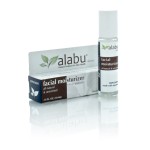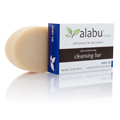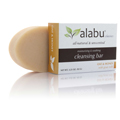Since we have a large number of customers with sensitive skin, we get asked a lot of questions on the best way to care for sensitive skin, especially your face.
Just like a fingerprint, everyone’s individual’s skin care needs are a little different, but here are a few simple tips for sensitive skin care. Â This is mostly about your face but holds true with all areas of your skin.
If you have any specific questions, please contact us and we will be glad try to answer them.
- Avoid common irritants. Take a look at the ingredient labels of your skin care products. Here is a list of some of the more common irritants.
- Avoid washing with hot water, warm is better for your skin. Â Hot water drys your skin out.
- Avoid microdermabrasion. Instead, opt for mild exfoliates that are designed for sensitive skin.  Use no more than twice a week.  See my earlier post on exfoliants.  This homemade facial post also has some good ideas.
- Keep your skin care products cold. In the summer or warm environments, the increase of blood flow naturally increases sensitivity in the skin. Cleansing, toning and moisturizing with cool temperature products will constrict the capillaries and ease the redness and irritation.
- Use gentle skin cleansers. Use a natural soap. Soaps containing chemicals and a high content of glycerin are often irritating and drying.
- Use a high quality soap with few ingredients. Â Soap made from simple, natural moisturizing oils and milk is best.
- Drink plenty of water each day. Water has many benefits one of which is clearing and cleansing your skin naturally.  Capped lips can be a sign that you are not drinking enough water.
- Test before you use new products. Â It is a good idea to test a new product on the skin under your arm and wait and see if you will react to it before applying to your face to be sure you will not react to it.
- If you use a toner, do not use one containing alcohol.  I did a post on homemade skin toner also. They are easy and fun to make.Â

- Moisturize with chemical free skin moisturizing oil or lotion after you cleanse your face, morning and before bed in the evening.
 Alabu products that may interest you
- Cleanser – Baby Me® goat milk soap – extremely gentle, moisturizing soap.
- Exfoliant – Oat & Honey goat milk soap – mild exfoliant, unscented.
- Moisturizer – Replenish Facial Moisturizer (Before and after applying make-up Morning and Night time), Shea Body Butter (a little goes a long way).
~Maryclaire

